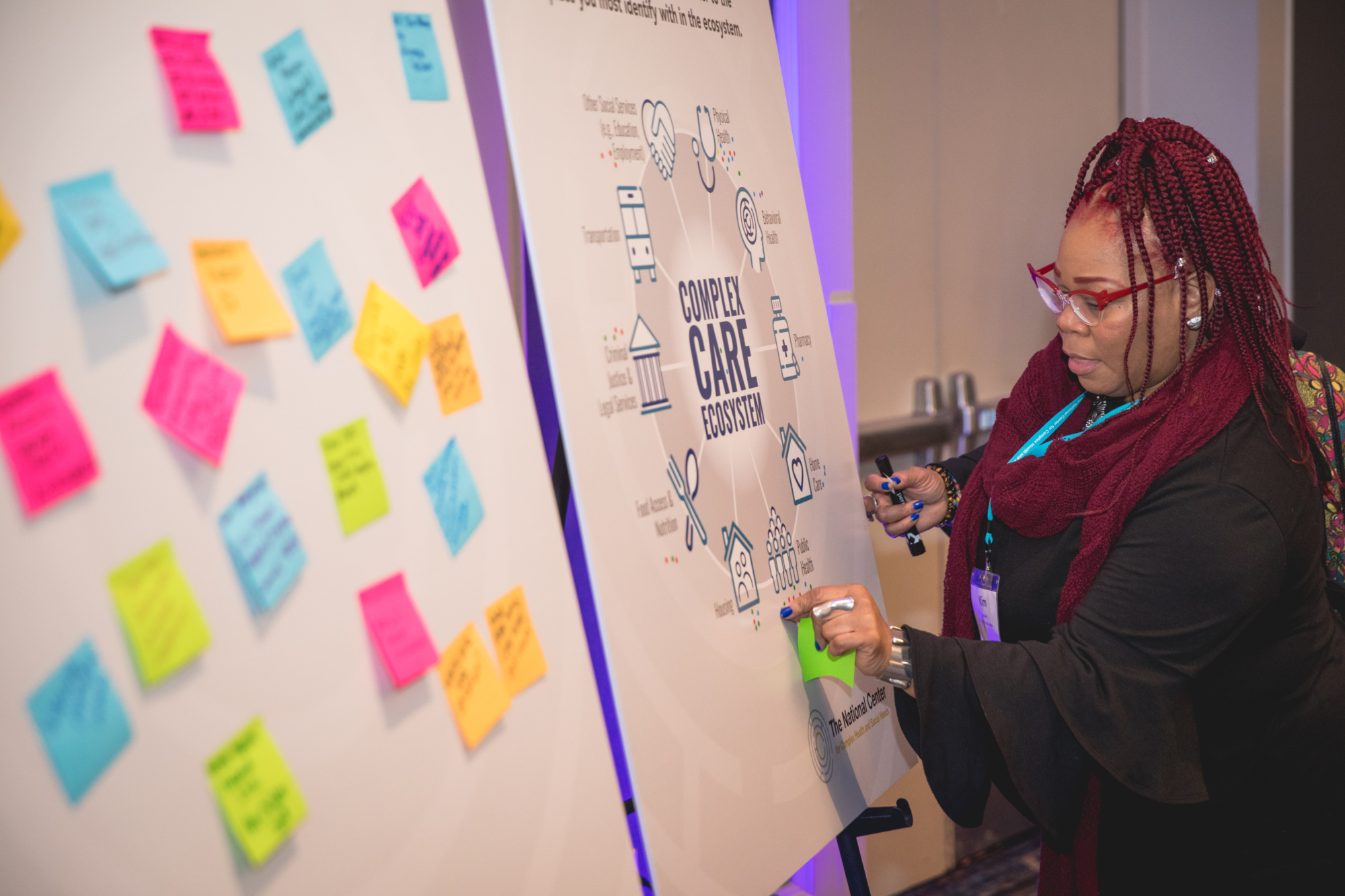Pledge to Connect
Connecting ED patients to behavioral healthcare
Care management & redesign Strengthening ecosystems of care Behavioral health & addiction Quality improvement


Finding and maintaining outpatient mental health services is a challenge, leading many individuals with behavioral health issues to seek care at emergency departments.
Our Pledge to Connect program aims to connect emergency department (ED) patients to timely outpatient behavioral healthcare. In the longer term, our goal is to make sure behavioral healthcare access is available before an emergency visit occurs.
Pledge to Connect takes lessons learned from our 7-Day Pledge initiative — a city-wide effort to connect Medicaid patients to primary care within seven days of hospital discharge — and applies them to behavioral health. This project is also aligned with the performance targets for behavioral healthcare connection set out by New Jersey’s Quality Improvement Program (QIP-NJ).
Two new pathways to care connection
Pledge to Connect partners include two Certified Community Behavioral Health Clinics, Oaks Integrated Care and Acenda Integrated health, and four major health systems, Cooper University Health Care, Virtua Health, Jefferson Health and Inspira Health. In the first phase of Pledge to Connect, we worked together to design two new pathways to connect ED patients who have behavioral health needs to timely outpatient care.
High acuity pathway
Patients with more severe and persistent mental illness, who are in the ED for an acute mental health crisis, and who have complex social barriers receive face-to-face visits with Oaks case managers that are embedded in the ED. The case managers connect patients to ongoing care at Oaks, and also make connections to services like emergency housing, food resources, and substance use treatment.
Low acuity pathway
Patients with more mild to moderate mental health concerns and less complex social needs receive a follow-up phone call from Camden Coalition community health workers (CHWs) after they are discharged from the ED. CHWs check on how the individual is doing and offer to help them connect to behavioral health, primary care, and social services.
In the news
Camden Coalition named 1 of 10 national winners of SAMHSA’s Behavioral Health Equity Challenge
Related blog posts
“Decoding Disparities” in behavioral health access in Camden and South Jersey
Related resources



Ecosystem case study: Camden, New Jersey
Building the complex care field Strengthening ecosystems of care Behavioral health & addiction Quality improvement
Ecosystems 101
By Rebecca Koppel, Senior Program Manager for Field Building and Resources
Building the complex care field Strengthening ecosystems of care Quality improvement SDOH & health equity